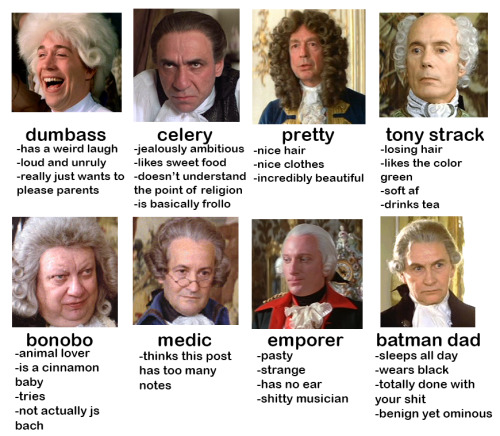
That's a really interesting way of setting some of the values and wishes for programming down the line. I see a lot of organizations, orchestras in particular, working with curatorial roles for composers to design programs. That's another thing about our industry it is really about relationships and how we agree on what makes sense for programming. I have some friends who are conductors and I am slowly building relationships with these larger organizations. And to decide, "Every year we will do Beethoven Seven, and we'll also do a Simon or a Montgomery or a Shaw." And those relationships are built carefully. It's a commitment from organizations to partner with composers. What will it take to make this shift last? I think one of your pieces was performed over 100 times in 2021 alone?īut let's hope this isn't just a moment. It's exciting to see more different kinds of music being embraced and presented. I think that's why I have a little bit of a reaction to that "changing canon" remark because it's evolving and I don't know if it will be fixed or not. There's so much weight on this word "canon" - something that's absolute and fixed. That's how it functions, really, at the end of the day. I find audiences show up because they want to experience live music, live theater, something that sparks their imagination and soothes their pain. With any new kind of programming and endeavor, you take a leap of faith that the audiences are going to be into it. Shawn Okpebholo, another great colleague of mine in Chicago, he's getting a lot of play right now. It does seem that orchestras, chamber groups and opera companies are embracing composers that they wouldn't traditionally embrace: myself, and composers like Carlos Simon whose work has been programmed a ton. According to programs around the country, it does seem to be changing. That's really special, and I'm really honored to participate in that legacy and that history.īut do you actually feel a change in the air in the past couple of years? Is the canon really shifting toward more women composers and composers of color? It's interesting because it kind of reframes - and strengthens - the idea that American classical music actually matters and is actually of interest to a greater audience. It is a hard thing to live up to, so to speak, but I wouldn't dare try. I didn't write it! With something like that you just say, I'm so grateful for the recognition and for what it means for other composers coming down the pike. The headline was: "The Changing American Canon Sounds Like Jessie Montgomery." That sounds like a lot to live up to, frankly. Tom Huizenga, NPR Music: The New York Times published a profile of you in the fall of 2021. This interview has been edited for length and clarity. While the brighter spotlight comes with pressure, she relishes the opportunity to help reframe American music and the institutions that present it.įrom her apartment in New York City, Montgomery sat down for a video chat to talk about the canon and where classical music might be heading, as well as the role her own work plays in that journey. Montgomery is in an exceptional position, not only as a composer whose works are suddenly skyrocketing in demand, but one who feels the responsibility to help lead as her field faces sharper questions of diversity and inclusion.

In 2008, while teaching at a summer music camp in Rhode Island, Montgomery realized life as a composer could be "a thing." A colleague walked in on her in the middle of composing and told her she had a "spark" in her eye for writing music. She took lessons and continued composing throughout high school, and in her late teens began an association with the Sphinx Organization, a Detroit-based institution dedicated to supporting young Black and Latinx musicians. Growing up with artistic parents in New York, Montgomery began writing little piano trios when she was around 11.

On April 28, Muti leads the CSO in the world premiere of Montgomery's Hymn for Everyone, one of three new pieces she's writing for the orchestra during her tenure in Chicago. In the upcoming concert season, her works will be performed by the Boston Symphony Orchestra, the Los Angeles Philharmonic and the Chicago Symphony Orchestra, where she is currently the Mead Composer-in-Residence, appointed by Music Director Riccardo Muti. In the past several years, the 40-year-old composer and violinist has rapidly become a poster child for the shifting classical music canon - an artist who aims to overcome an institutional dependence on old dead white men by leveling the field for women and composers of color.


 0 kommentar(er)
0 kommentar(er)
